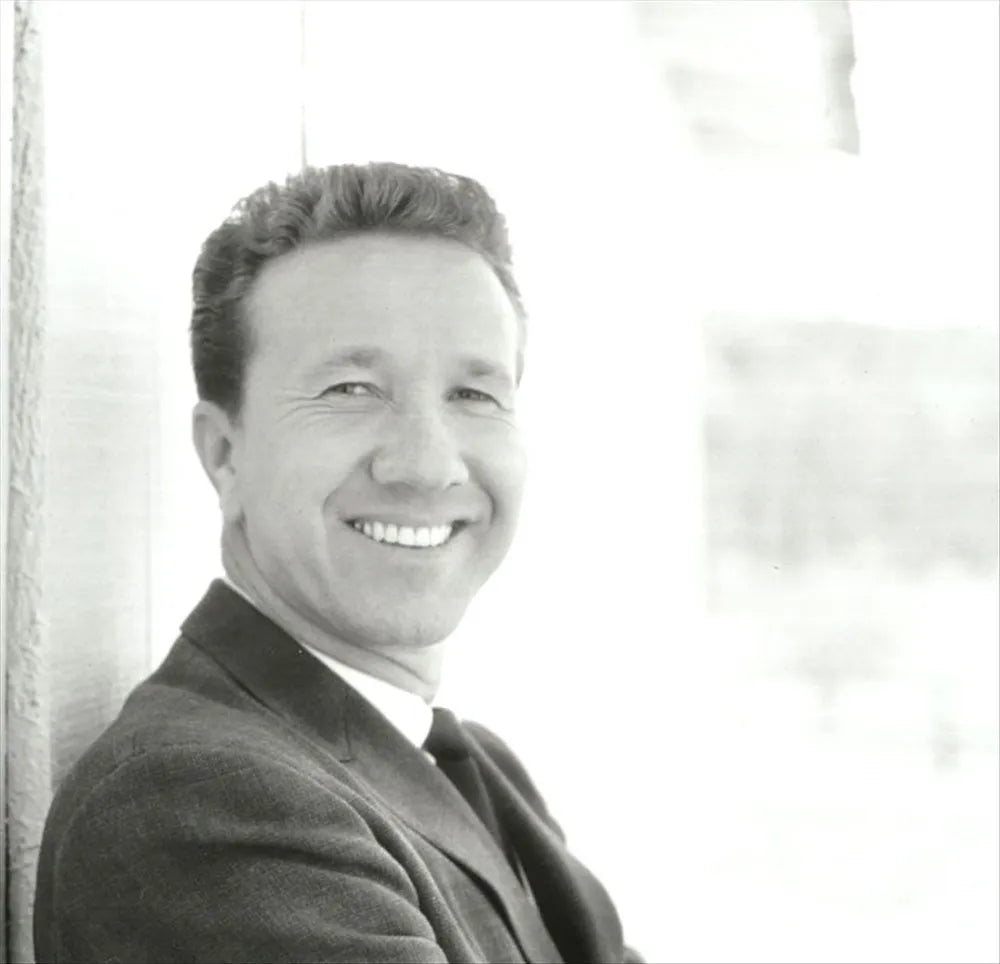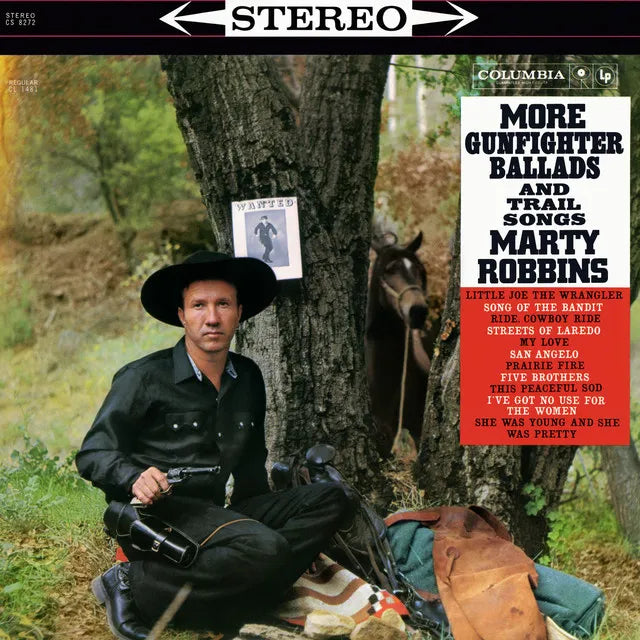Top Marty Robbins Vinyl Pick — Available Now at VMP
Bądź kowbojem
Be the Cowboy jest jednocześnie najbardziej i najmniej konwencjonalnym pop albumem Mitski i najbardziej dramatycznym zwrotem w jej dyskografii. Jej lśniące oddalenie się od ewidentnego brzmienia 'indie rocku' krzyczy 'pop!' z całych sił, ale bliższe zbadanie struktur piosenek, które unikają powtórzeń i kwestionują konwencje zwrot/chorus, odsłania zniekształconą formę tego, czym może być piosenka popowa. Jej świeży kierunek dźwiękowy był świadomym wysiłkiem z jej strony, podyktowany pragnieniem rozwoju jako artystki i obawą przed tym samym zatrzymaniem, w które wpadli inni artyści, gdy stają się zbyt komfortowi.





























